TAR Fellows
2025-2026 TAR Fellows
Adeolu Adekunle
TAR Project Abstract
“How Guided Teamwork Shapes Critical Thinking in Interdisciplinary Research: Probing Collaborative Models among Undergraduate Student”
This research examines the limitations of traditional undergraduate research experiences, which often involve independent or loosely guided projects that can leave students struggling to integrate complex methodologies effectively, especially in an interdisciplinary setting. It explores an alternative approach that utilizes small, collaborative teams working on focused research objectives, supported by weekly group discussions and dedicated team meetings. Specifically, this research evaluates how a structured team-based mentorship model influences undergraduate students’ critical thinking skills and their engagement in interdisciplinary research. It systematically investigates whether the combination of structured teamwork and ongoing external guidance promotes deeper learning, enhances research competencies, and increases student engagement.
Fellow Biography
Adeolu is a doctoral researcher in Animal Science, specializing in AI-driven decision modeling for sustainable livestock systems. His work focuses on early detection and management of animal diseases using artificial intelligence. He is also dedicated to mentoring undergraduates, supporting their growth in scientific research. Through this project, he aims to enhance evidence-based mentoring practices in complex interdisciplinary fields, particularly at the intersection of computational modeling and animal health. His efforts are expected to refine mentoring strategies and provide valuable insights into engaging students in research involving AI, disease management, and interdisciplinary collaboration.
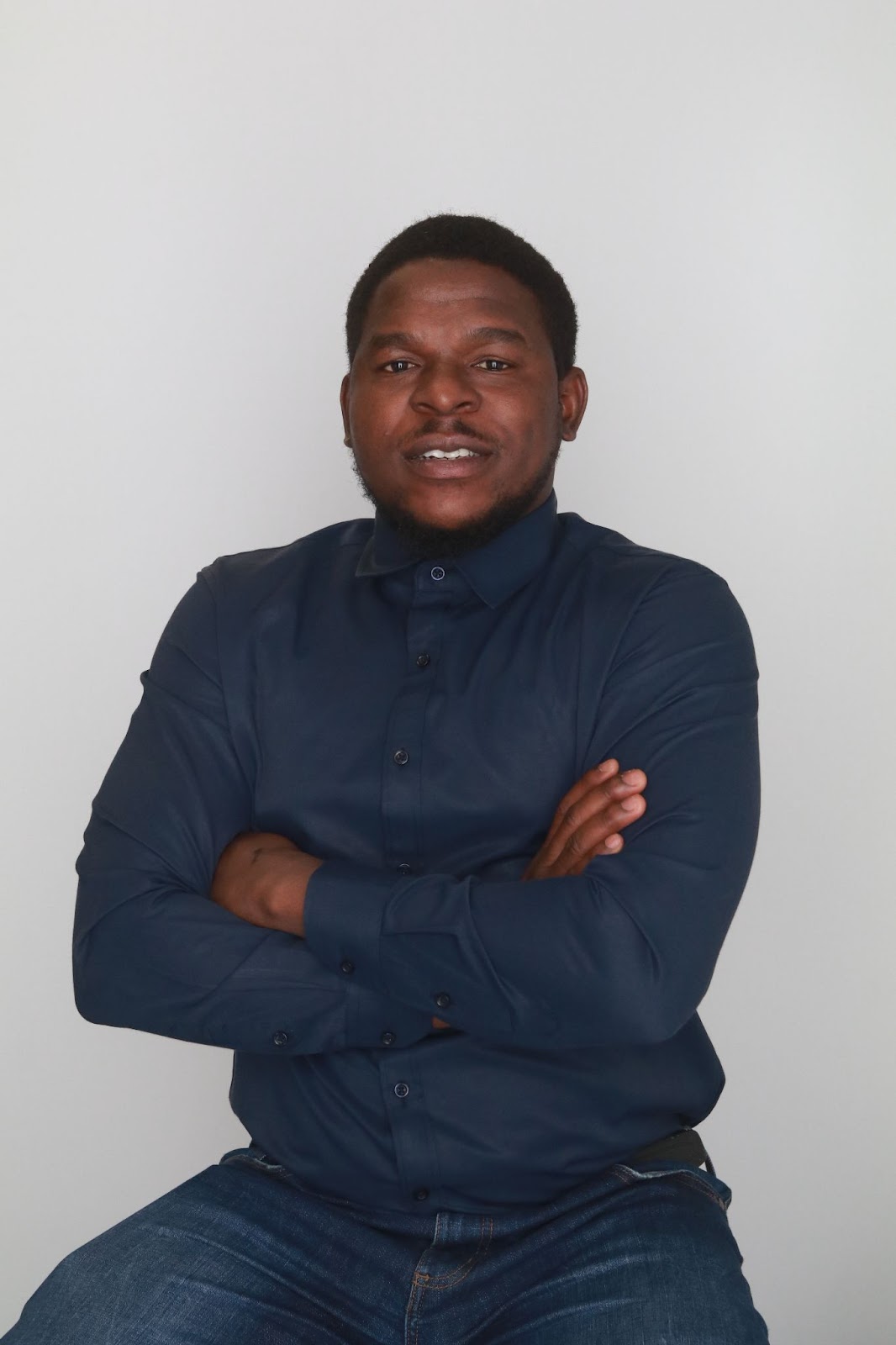
Chair: Karun Kaniyamattam, PhD
TAR advisor: Karun Kaniyamattam, PhD
Jantsen Teuscher
TAR Project Abstract
“Belonging and Engagement in the Haynes Teacher Corps: A Teaching as Research Study”
As a former secondary educator, I am deeply invested in strengthening teacher preparation programs to better support pre-service teachers—both in their professional development and in their sense of belonging within the educational community. Through the Teaching as Research (TAR) program, I aim to explore how intentional community-building strategies can enhance pre-service teachers’ engagement, confidence, and readiness to lead in classrooms. I am particularly interested in examining how structures that foster connection and collaboration, such as workshops or peer support networks, might impact students' development of social capital and professional identity. This topic is significant to my interests because teacher preparation programs often overlook the emotional and relational aspects of teacher development. By investigating this area through the TAR, I intend to identify evidence-based, scalable practices that can be implemented within instructional or mentoring contexts to advance a more inclusive, community-oriented model of teacher preparation.
Fellow Biography
Jantsen Teuscher is a second-year Ph.D. student in Educational Administration at Texas A&M University. His research explores how social capital influences academic success, belonging, and mental health in higher education, with a focus on equity across diverse student populations. Prior to his doctoral studies, he taught biology and environmental science for eight years at Title I schools in Utah, served as a department chair, and contributed to state-level NGSS curriculum development. He holds a B.A. in Political Science and an M.P.A. Jantsen aims to bridge research, policy, and practice to improve student outcomes in higher education.

Chair: Daniel Pugh, PhD
TAR advisor: Andrea Ettekal, PhD
Kimberly Wright
TAR Project Abstract
“Using Feedback to Increase Student Engagement in a First-Year Seminar”
This project examines how a feedback-informed, responsive teaching approach influences student engagement and academic self-efficacy in a first-year seminar. Using an exploratory mixed-methods design, the study includes pre- and post-surveys along with weekly reflective feedback from students. Instructional decisions are adjusted throughout the semester based on student input. The goal is to determine whether incorporating student voice into instructional planning improves engagement and fosters a more supportive learning environment for first-year undergraduates. Findings will inform future teaching practices and support ongoing growth through the Teaching-as-Research process.
Fellow Biography
Kimberly Wright is a Ph.D. student in the Department of Teaching, Learning, and Culture at Texas A&M University. She is working toward a degree in curriculum and instruction. After graduating from Texas A&M, Kim spent over 25 years as a K–12 educator where she supported students and educators. She is a certified Structured Literacy and Dyslexia Interventionist and holds a master’s degree in reading science. Now working with undergraduate preservice teachers, she prepares future educators to deliver effective reading and writing instruction. Her research focuses on evidence-based practice, professional development, and teacher education. Kim is especially interested in how teachers are prepared to teach reading, spelling and writing. As a Teaching-as-Research Fellow, she is studying how student feedback can improve instructional design and engagement in a first-year seminar course.

Chair: Ramona Pittman, PhD
TAR Advisor: Emily Cantrell, PhD
Laxmi Prasanna Kandi
TAR Project Abstract
“Significant Learning via Instagram: A Micro-Reflection Approach to Leadership Development”
Undergraduate attendance in Agricultural Leadership, Education, and Communications (ALEC) courses often fluctuates throughout the semester, with a noticeable decline in the mid-to-late weeks. Research has shown that student-centered teaching practices, especially those that prioritize engagement, interaction, and reflection, can improve student motivation and participation (Freeman et al., 2014; Prince, 2004). This study investigates how the implementation of a high-quality, student-centered teaching strategy, specifically Think-Pair-Share, impacts student attendance and engagement in ALEC undergraduate classes over a semester (Lyman, 1981; Kaddoura, 2013). The purpose of this study is to test whether the use of an interactive teaching strategy leads to a statistically significant improvement in student attendance. The research question guiding this inquiry is: How does implementing a high-quality, student-centered teaching strategy in ALEC undergraduate classes impact student engagement and attendance over the course of a semester? The goal is to explore how active learning pedagogies influence student behavior in terms of consistent classroom participation.
Fellow Biography
Laxmi Prasanna Kandi is a Ph.D. student in Agricultural Leadership, Education, and Communications. Her research focuses on agricultural leadership, gender equity, program and organizational evaluation, and international agricultural extension. Laxmi has contributed to multiple peer-reviewed publications, international conference presentations, and grant-supported evaluation projects. She brings strong expertise in designing and conducting mixed-methods research, program evaluation, and systematic reviews.

Chair: Kim E Dooley, PhD
TAR Advisor: Allison Dunn, PhD
Md Iinja Mamun Haque
TAR Project Abstract
“Hands-on, minds-on: unlocking the transformative power of field-based learning in pond management”
This project explores how experiential learning through field-based instruction enhances students’ knowledge of, attitude towards, and applied skills of pond management. The study focuses on students participating in the Department of Rangeland, Wildlife, and Fisheries Management’s RWFM 371/671: Fish and Small Impoundment Management course, who will initially undergo classroom instruction covering pond ecology, fish stocking, causes of fish mortality, and aquatic vegetation management. Subsequently, several field visits involving electrofishing and an on-site pond assessment will be conducted to apply theoretical knowledge in a practical field setting. This project will assess changes in students' knowledge, attitudes, and applied skills by utilizing pre- and post-visit surveys, reflection papers, and submitted pond management plans. The goal is to bridge theoretical learning with practical application and evaluate the transformative effects of hands-on field experiences in natural resource education.
Fellow Biography
Haque is a first-year Ph.D. student in the Department of Rangeland, Wildlife, and Fisheries Management at Texas A&M University. He is currently engaged in research at the Fish Health and Disease Laboratory, focusing on columnaris disease, a significant bacterial infection that affects warm-water fish. His research focuses on advancing understanding and improving management strategies to support healthier fish populations. Haque obtained his Master's degree in Health Management in Aquaculture from Ghent University, Belgium, through the Erasmus Mundus Joint Master's exchange program, facilitating his study at several prominent European institutions. He holds an undergraduate degree in Fisheries from the University of Dhaka, Bangladesh.
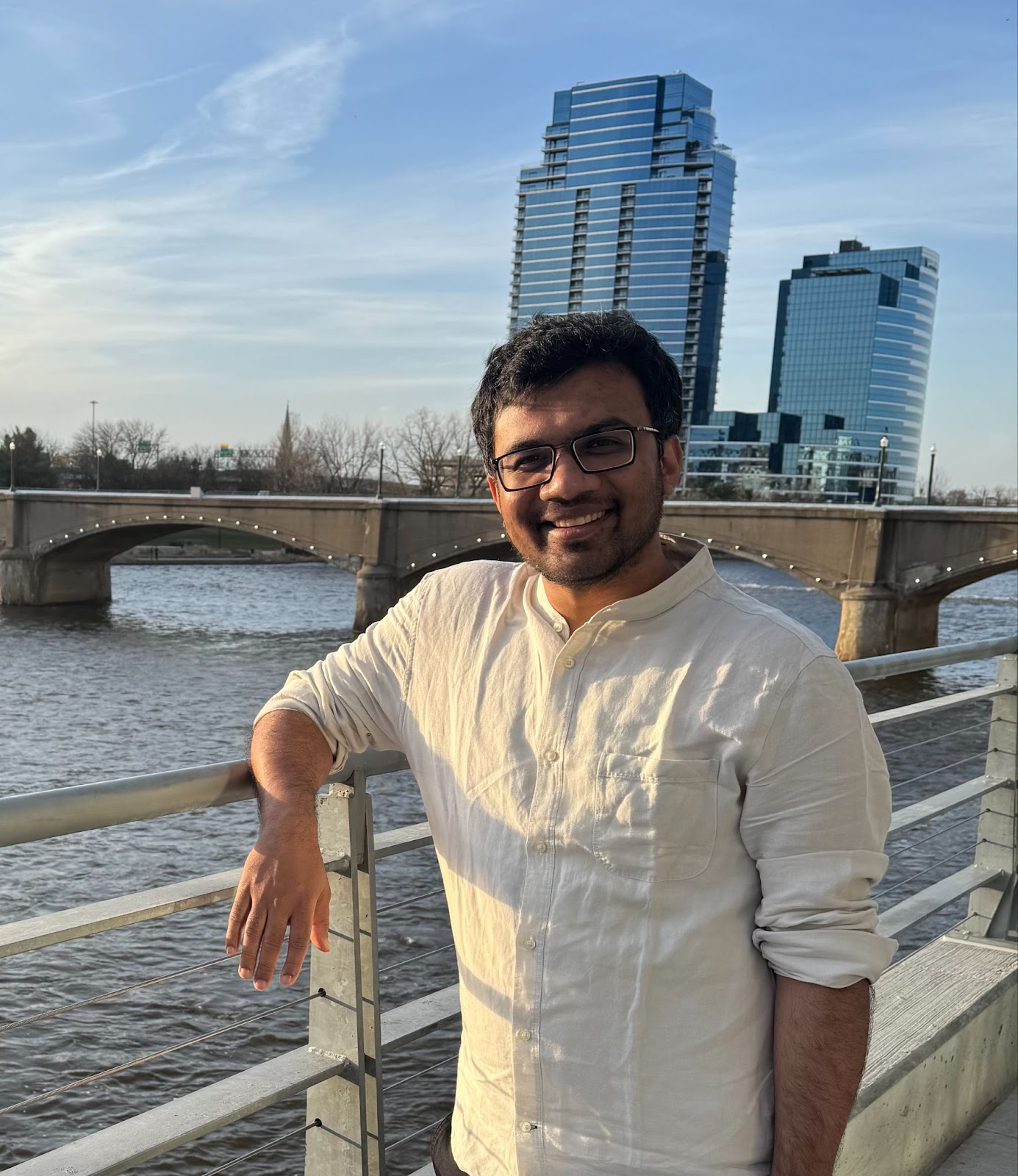
Chair: Elizabeth H. Silvy, PhD
TAR Advisor: Elizabeth H. Silvy, PhD
Megan Bishop
TAR Project Abstract
“From Presence to Participation: Improving Stakeholder Engagement in the IEP process”
In the K-12 public school setting, Individual Education Programs (IEPs) were designed to be developed by IEP teams, or Admission, Review, and Dismissal (ARD) committees in Texas. These committees include parents/guardians, administrators, general education teachers, special education providers, and assessment personnel. However, most team members do not understand their role in the IEP process or how to analyze data to develop an IEP to support students. This TAR project is to use interdisciplinary collaboration to enhance the learning of all team members. Within the College of Education and Human Development programs (Educational Psychology, Teaching, Learning, and Culture, Educational Administration and Human Resources, and School Psychology), various future IEP team members will learn the parts of an IEP and their role in the IEP development process. By enhancing the knowledge of future educators, I hope to bring success to future generations of students with disabilities.
Fellow Biography
Megan Bishop is a doctoral candidate in Educational Psychology. She holds a bachelor’s in music education and a master’s in educational psychology. With seven years of public school teaching experience and eight years in special education administration and assessment, she has also served as a field supervisor for educational diagnosticians. Megan aims to become a university professor, training future educators and diagnosticians. Her research focuses on dysgraphia identification and intervention, training for diagnosticians and teachers, handwriting challenges in reading disabilities, learning disability identification, support for twice-exceptional students, and early dyslexia identification and intervention.

Chair: Florina Erbeli, PhD
TAR Advisor: Erin Whiteside, PhD
Sapna Bisht, PhD
TAR Project Abstract
“Enhancing Student Engagement and Confidence in Biostatistics Through Scaffolded, Active, and Contextually Relevant Lab Experiences”
Improving how students engage with and apply statistical concepts is vital in Biostatistics education. This Teaching as Research project explores how active, scaffolded, and context-rich lab experiences can improve undergraduate students’ confidence, engagement, and perception of Biostatistics as a meaningful tool in Biomedical research and healthcare. Using pre/post surveys, observational data, and student reflections, the study investigates how these instructional strategies support students in developing practical data analysis skills and connecting statistics to real-world applications. The ultimate goal is to foster a more supportive and relevant learning environment that encourages deeper understanding and sustained interest in Biostatistics.
Fellow Biography
Sapna R. Bisht is a postdoctoral researcher in Biomedical Engineering at Texas A&M University, specializing in ultrasound-based imaging for noninvasive tissue characterization. Her work includes shear wave elastography, viscoelastic phantoms, contrast agents, and flow imaging. She holds a Ph.D. in Biological Engineering and was a gold medalist in her Biomedical Engineering master’s program. A recipient of the CIRE award from the Acoustical Society of America, she has experience as a teaching assistant and assistant professor. A fellow of the Postdoctoral Mentoring Academy, Sapna also expresses her creativity through dance, yoga, fine-line art, rangoli, painting, and handcrafted design.
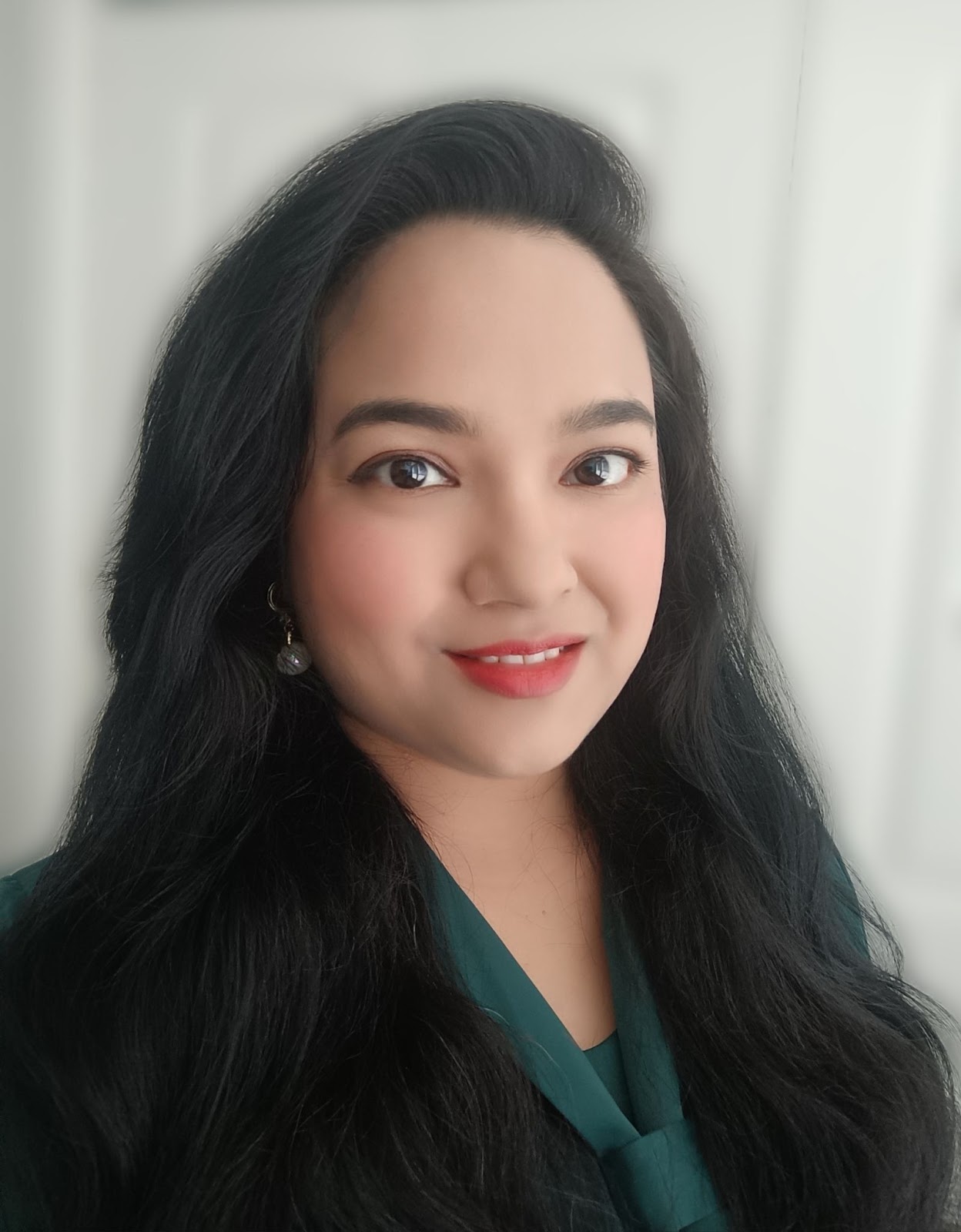
Chair: Kenneth Hoyt, PhD
TAR Advisor: Kenneth Hoyt, PhD
Sarah Haroon Sualehi
TAR Project Abstract
“Whose Goal is this Anyway?”
While there are countless research articles and practitioner memos on the importance of goal setting as a teaching method to improve student learning outcomes in the K-12 setting, there is little to no guidance on the evidence supporting goal setting by and for adult learners over the age of 25. Using an alternating treatment single-case research design, this study seeks to explore the potential impact of alternating teacher versus student set goals on students’ on-task behaviors, academic productivity, and academic accuracy within a graduate classroom setting. The goal of this study is to provide some of the first evidence-based findings on goal setting classroom practices using a single-case approach that considers adults as learners.
Fellow Biography
Sarah Haroon Sualehi is a doctoral student in Workforce, Adult, and Lifelong Education at Texas A&M University. She holds a master’s in International Education from NYU and has over a decade of global experience in education. As a Graduate Research Assistant at TCALL, she supports data-driven service improvements and co-leads publishing efforts in adult education. Her research explores transformational learning in extreme settings, South Asian and Indigenous epistemologies, postcolonial feminism, and nontraditional learners. Her work emphasizes belonging and south-south transformation. Sarah is a 2024 Gaines Scholar Fellow and a selected participant in the RAND Summer Research Associate Program.
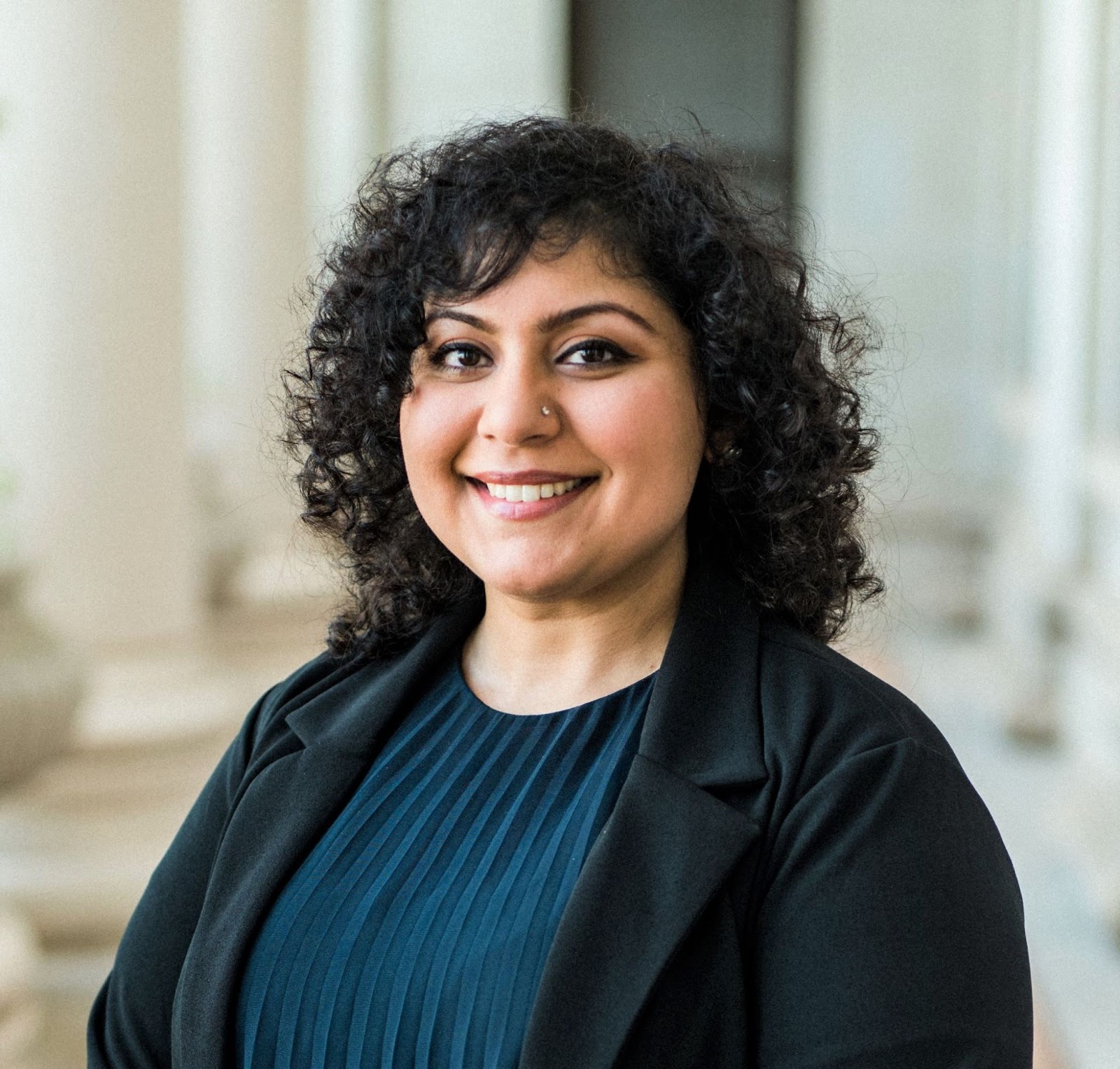
Chair: Katy Gonder, PhD
TAR Advisors: Elizabeth Roumell, PhD
Serinmary Pulikkottil Rejimon
TAR Project Abstract
“Before and After: Exploring Shifts in Student Perceptions Among Non-Traditional Majors in an Artificial Intelligence and Data Science Course “
This Teaching-as-Research (TAR) project examines how advanced undergraduate and graduate students from nontraditional academic backgrounds, particularly those without prior training in data science, computer science, or engineering, perceive artificial intelligence (AI) and data science when introduced through a domain-specific course (animal science). Implemented in ANSC 489/689: Decision Science for Sustainable Livestock Systems, the project employs pre- and post-course surveys to evaluate changes in student perceptions, confidence, and the perceived relevance of AI-based decision models within their field.
The study aims to determine whether a hands-on, application-focused instructional approach can enhance student engagement and understanding of computational tools in the context of agricultural and life sciences. Findings will inform future curriculum development to promote accessible, inclusive, and interdisciplinary AI and data science education beyond traditional STEM fields.
Fellow Biography
Serin is a Ph.D. student and G. Rollie White Fellow in Animal Science at Texas A&M University, specializing in AI-driven decision models for sustainable beef cattle production. A veterinarian from India, she has worked at the animal–human–environment interface, focusing on infectious diseases and antimicrobial resistance. She interned with the UN FAO in Rome, contributing to small-scale livestock productivity initiatives. A finalist at the Innovate4Health Design Sprint, Serin is passionate about science-policy translation and mentoring undergraduates through the Aggie Research Program. She’s also active in student leadership and enjoys reading, classical dance, and exploring history-rich, coastal destinations.
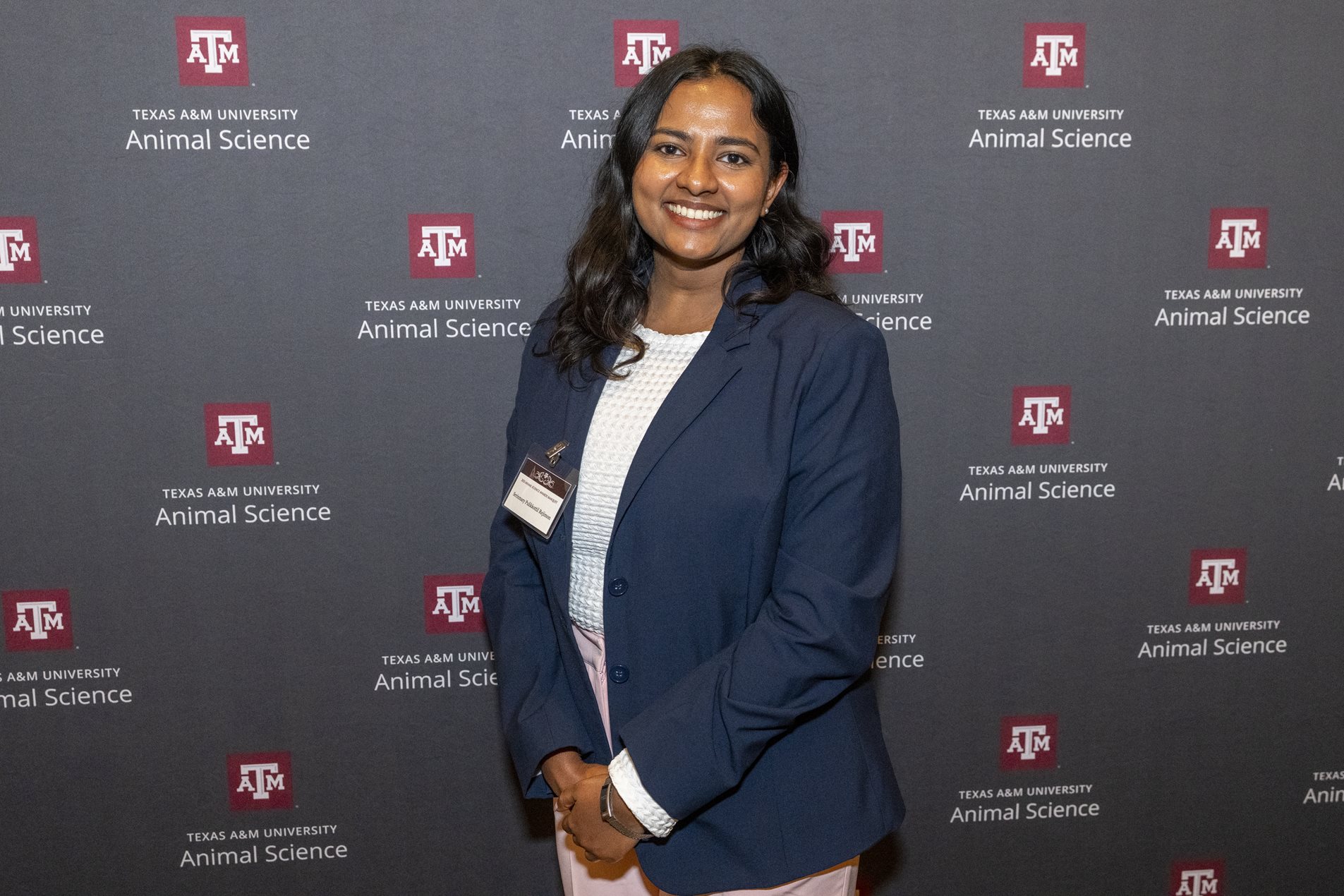
Chair: Karun Kaniyamattam, PhD
TAR Advisor: Karun Kaniyamattam, PhD
Shyamal Pandya
TAR Project Abstract
“Artificial Intelligence as Writing Coach: Enhancing Student Outcomes in Graduate Curriculum”
Sustaining meaningful student engagement in online learning environments remains a persistent challenge in higher education. This Teaching-as-Research (TAR) project explores the innovative use of artificial intelligence (AI) as a pedagogical intervention to enhance student participation, ownership of learning, and overall classroom engagement. Specifically, students in an undergraduate course will be introduced to AI tools—such as ChatGPT—as virtual learning coaches, with structured guidance on how to use these tools to support class preparation, discussion board interactions, and reflective learning tasks.
Implemented over the course of a full semester, this study will assess the extent to which AI-supported learning influences student behavior and perception. Data will be collected through pre- and post-intervention surveys, instructor observations, peer evaluations, and digital engagement metrics. By positioning AI as a scaffold for active learning rather than a content generator, this project aims to identify scalable, ethical, and effective strategies for integrating emerging technologies into evidence-based instructional design. The findings will inform future course development efforts and contribute to a growing body of scholarship on AI-enhanced pedagogy.
Fellow Biography
Shyamal S. Pandya is a Ph.D. candidate in Human Resource Development at Texas A&M University, with research expertise at the intersection of artificial intelligence, leadership, and organizational development. His dissertation explores the lived experiences of physicians integrating AI into their medical practice. Armed with over a decade of corporate leadership experience and a strong portfolio of research and national presentations, Shyamal's work advances understanding of professional development in complex, tech-driven environments. He is also an award-winning scholar, experienced educator, and committed to bridging research and practice in higher education and beyond.

Chair: Jia Wang, PhD
TAR Advisor: Ashlynn Kogut, PhD
Sunhee Kim
TAR Project Abstract
“Can Generative AI support formative assessment?”
This study explores how generative artificial intelligence (GAI) can be used as a pedagogical tool to improve undergraduate students' academic writing skills. Recognizing that many students rely heavily on GAI due to limited writing experience and an incomplete understanding of academic conventions, this project seeks to shift the instructional focus from prohibiting GAI to promoting guided and reflective engagement with it.
As part of this approach, students will complete a multi-stage writing assignment. The process involves drafting a response to a political science prompt, receiving structured feedback from GAI, and revising their essays accordingly. The GAI feedback will be guided by a rubric collaboratively developed by the TAR mentor and the researcher, designed to evaluate the reasoning and clarity of each draft. Students will submit a final version of their essay after several rounds of revision and write a reflection on their experience using GAI in the writing process. The ultimate goal is to foster students’ critical thinking, engagement with writing as a process, and responsible use of GAI in support of their academic development.
Fellow Biography
Sunhee Kim is a Ph.D. candidate in Political Science at Texas A&M University, advised by Dr. William Clark. She holds an M.A. and B.A. in International Relations from Seoul National University. Her research explores societal change and party system dynamics, focusing on party formation, electoral institutions, and political strategy. She examines why new constituencies form new parties or join existing ones and why some major parties support proportional representation despite increased competition. Sunhee is also a dedicated educator, having served as a teaching assistant and will independently teach a political science course on government and the economy.

Chair: William Clark, PhD
TAR Advisor: Todd Kent, PhD
Taha Yehia
TAR Project Abstract
This Teaching As Research project examines the efficacy of integrating AI-powered data analytics and visualization tools into petroleum engineering education to improve students' ability to interpret complex datasets and create insightful visualizations. Students will work with representative petroleum data (e.g., well logs, production history, seismic data) using both AI-assisted software and traditional methods. The project will quantitatively evaluate accuracy and efficiency in data interpretation through comparative analysis of student-generated reports and interpretations against expert solutions. The quality of their visualizations will be assessed using a structured rubric. Pre- and post-intervention surveys will gauge changes in student confidence and perceived competence in data handling. This study aims to define how AI tools can augment, rather than replace, fundamental data interpretation skills crucial for petroleum engineers.
Fellow Biography
Taha Yehia is a graduate research assistant in the Harold Vance Department of Petroleum Engineering at Texas A&M University, focusing on computational energy transition research, including carbon capture, storage, and geothermal energy. His work involves simulation, machine learning, and design optimization of reservoirs and monitoring wells. He previously taught at Future University and Cairo University and worked as a field engineer and petroleum intern in Egypt. Taha holds B.Sc. and M.Sc. degrees from Suez University. With over 15 technical publications, he is active in professional volunteering and his research interests include reservoir engineering, AI, and production data analysis.

Chair: Malt Joshi
TAR Advisor: Emily Cantrell